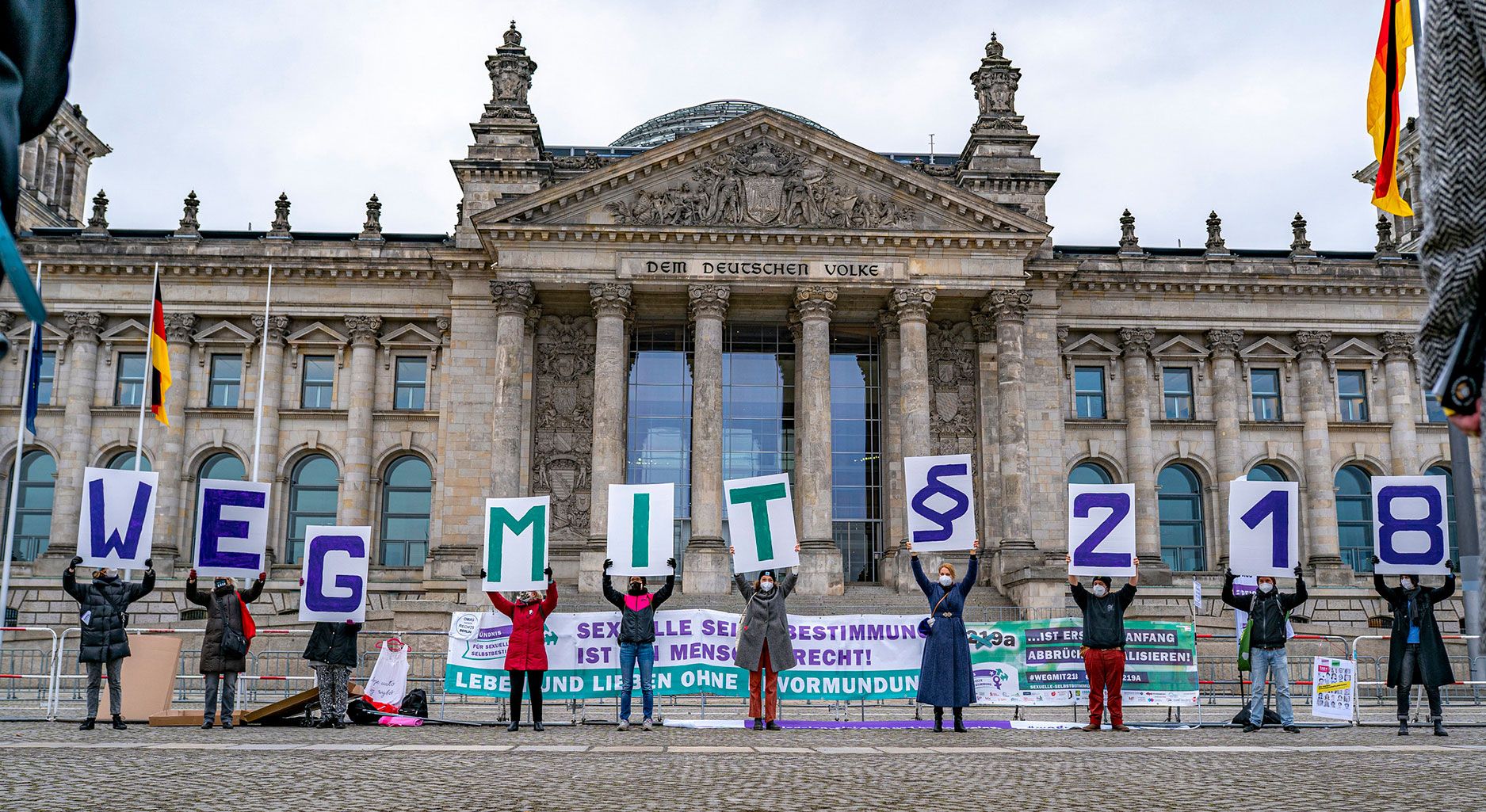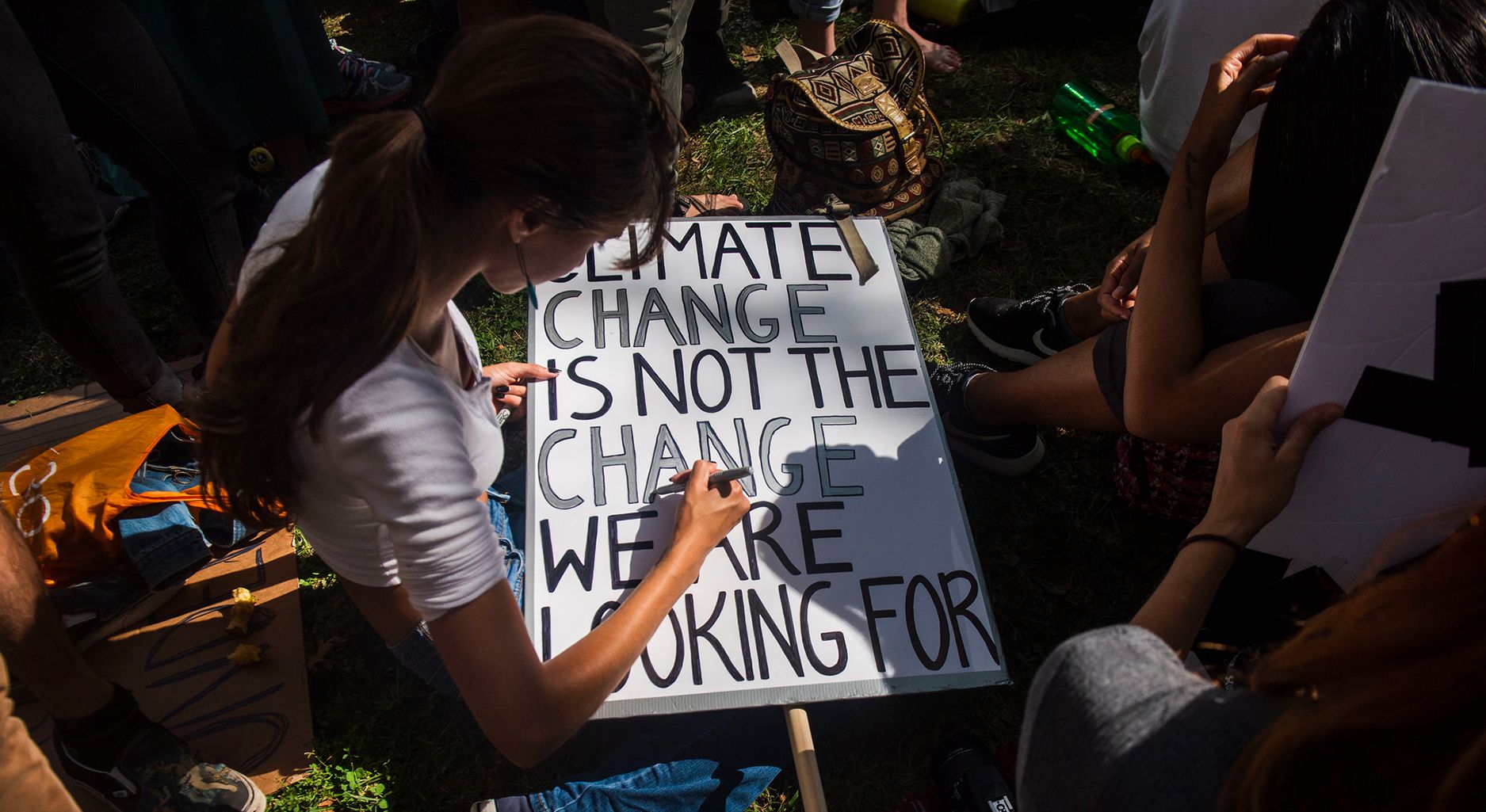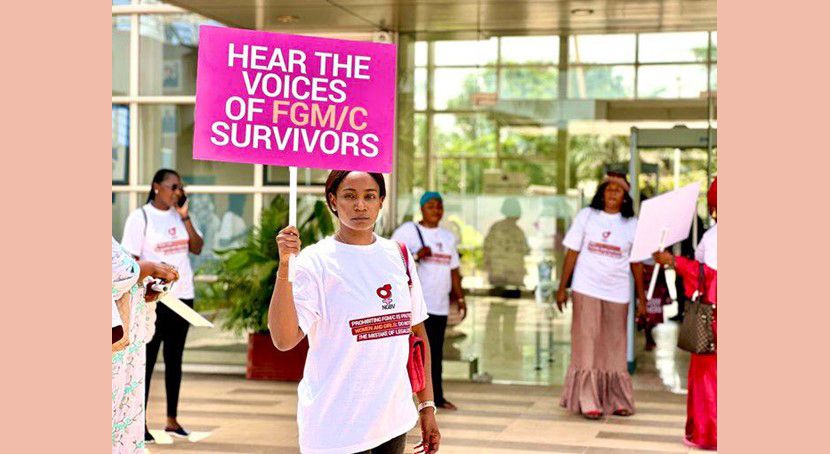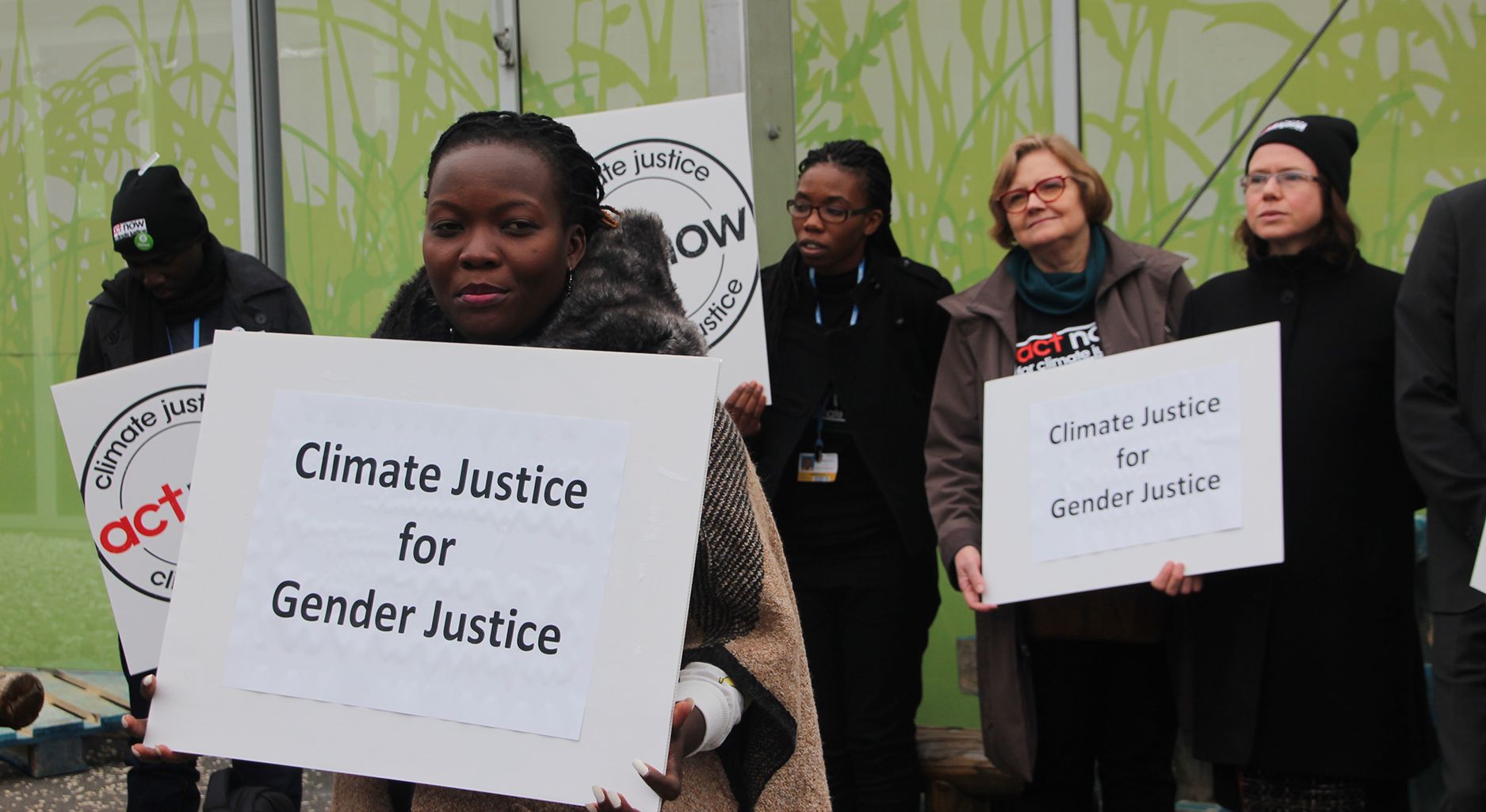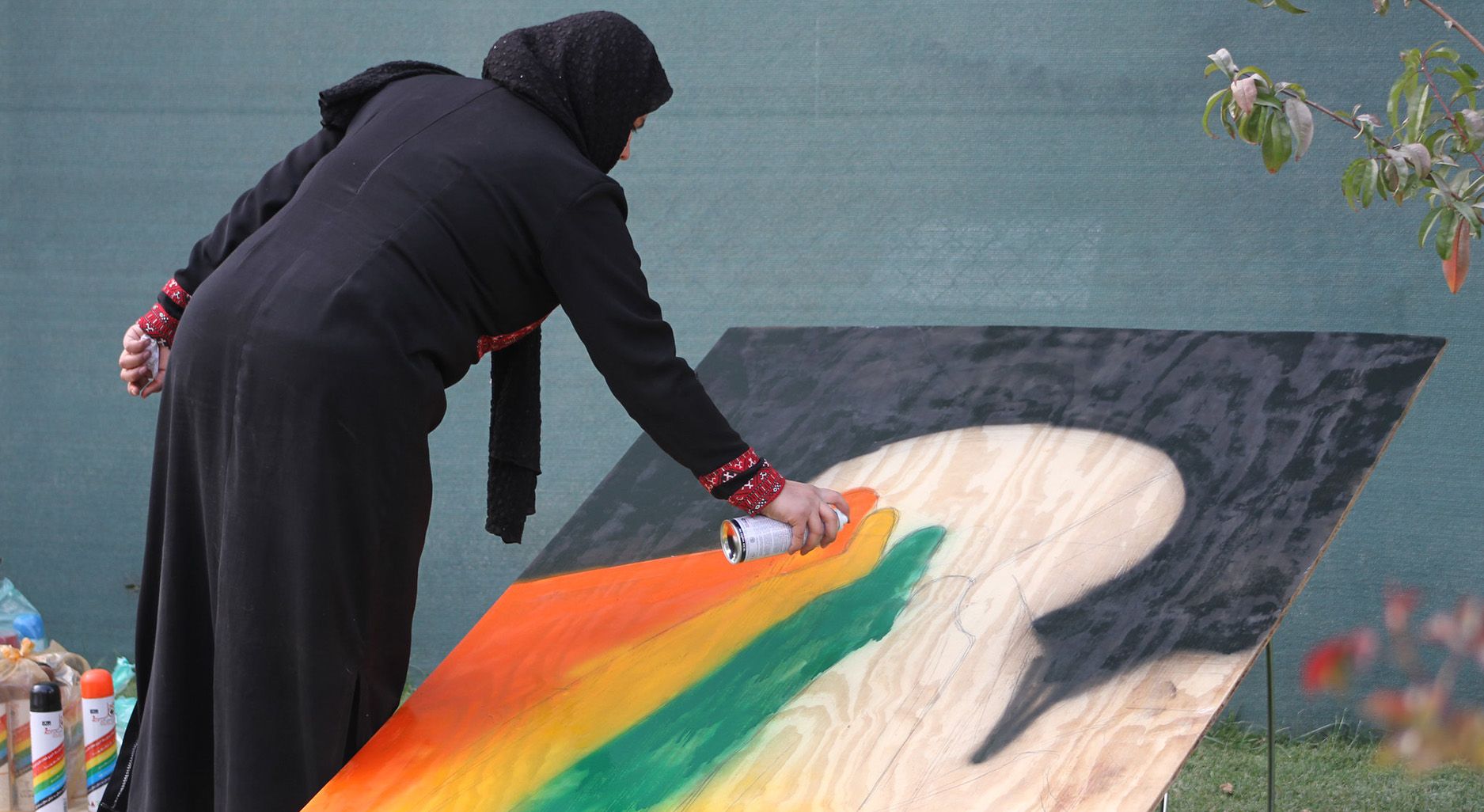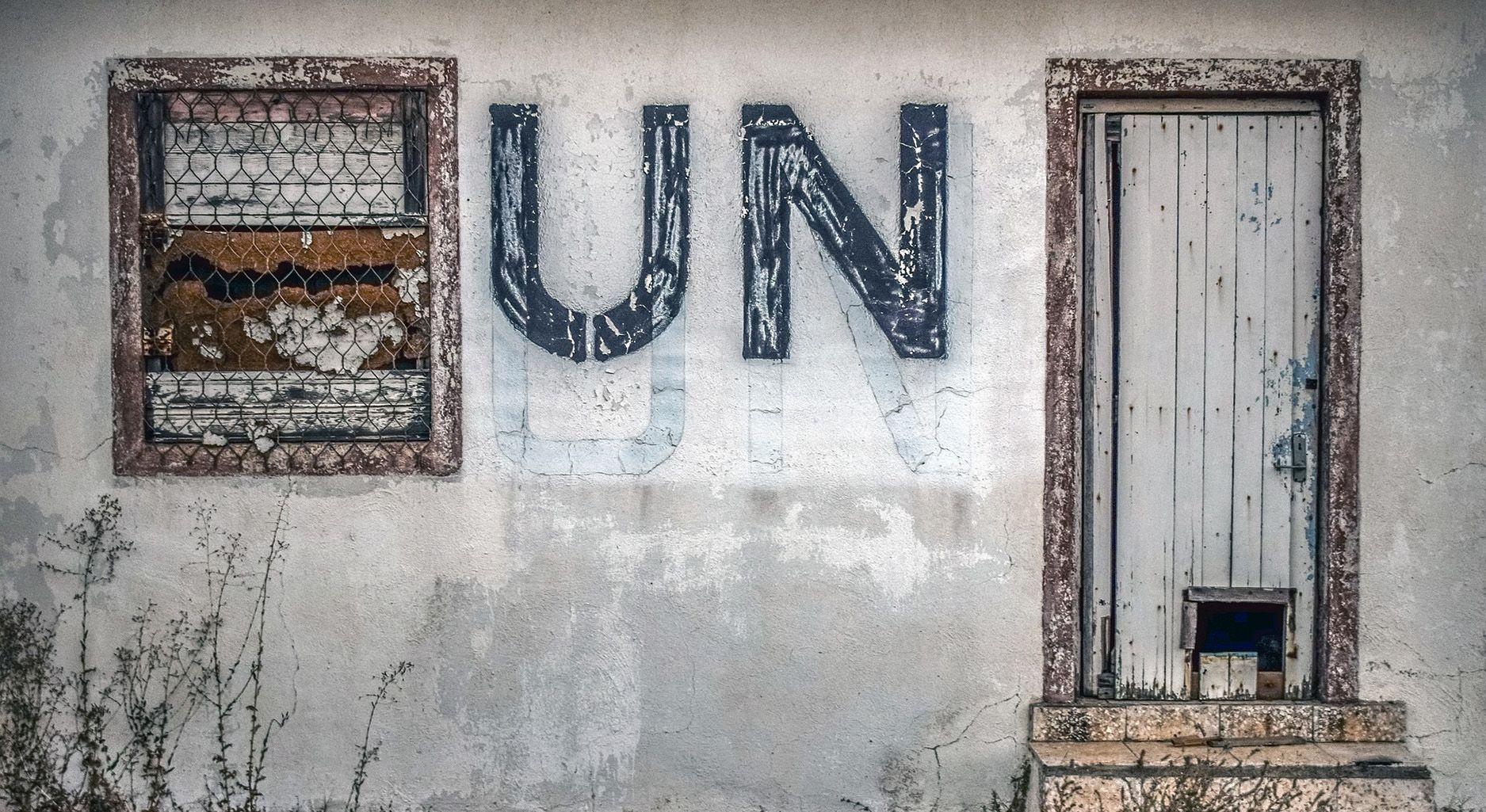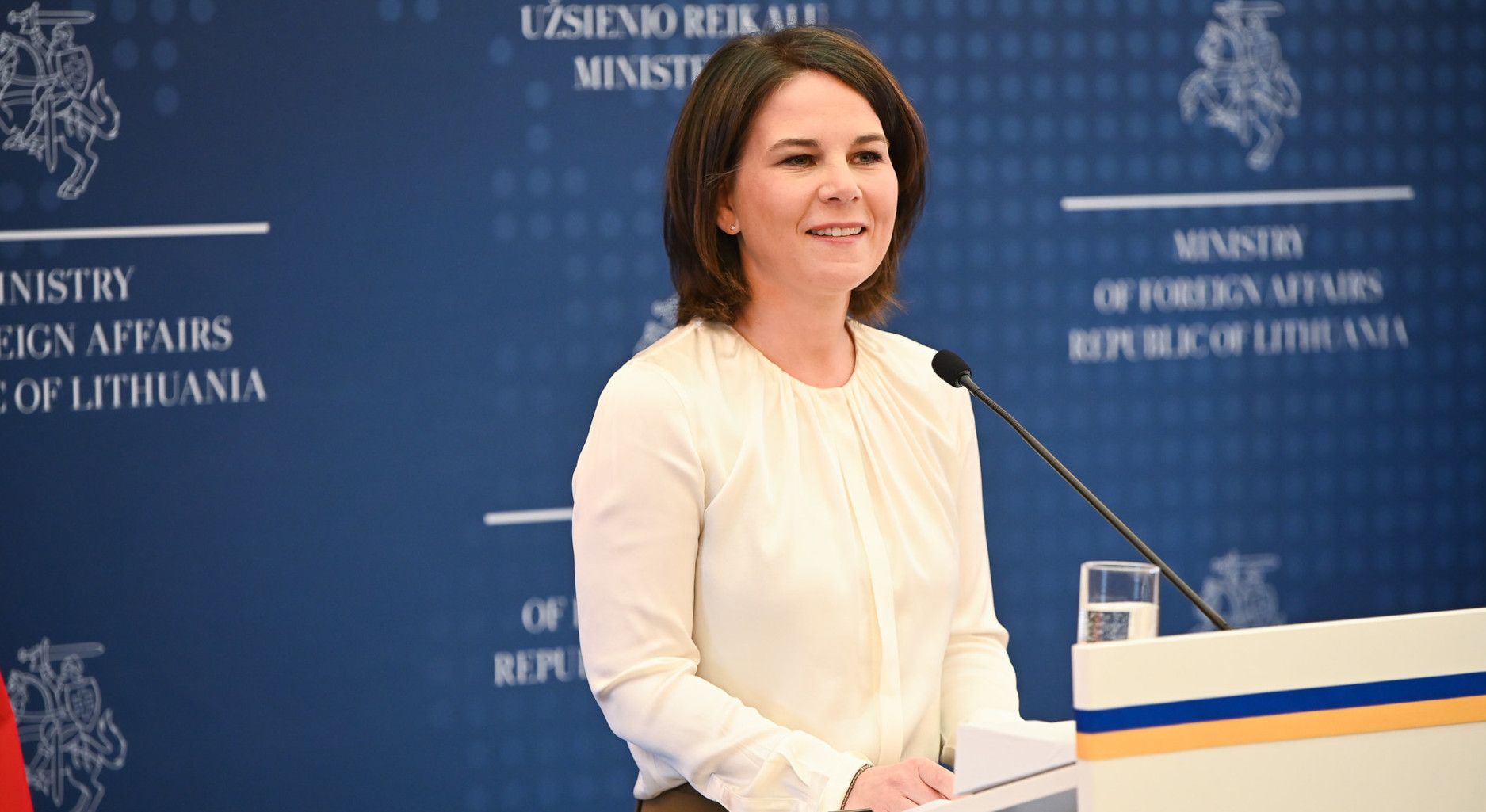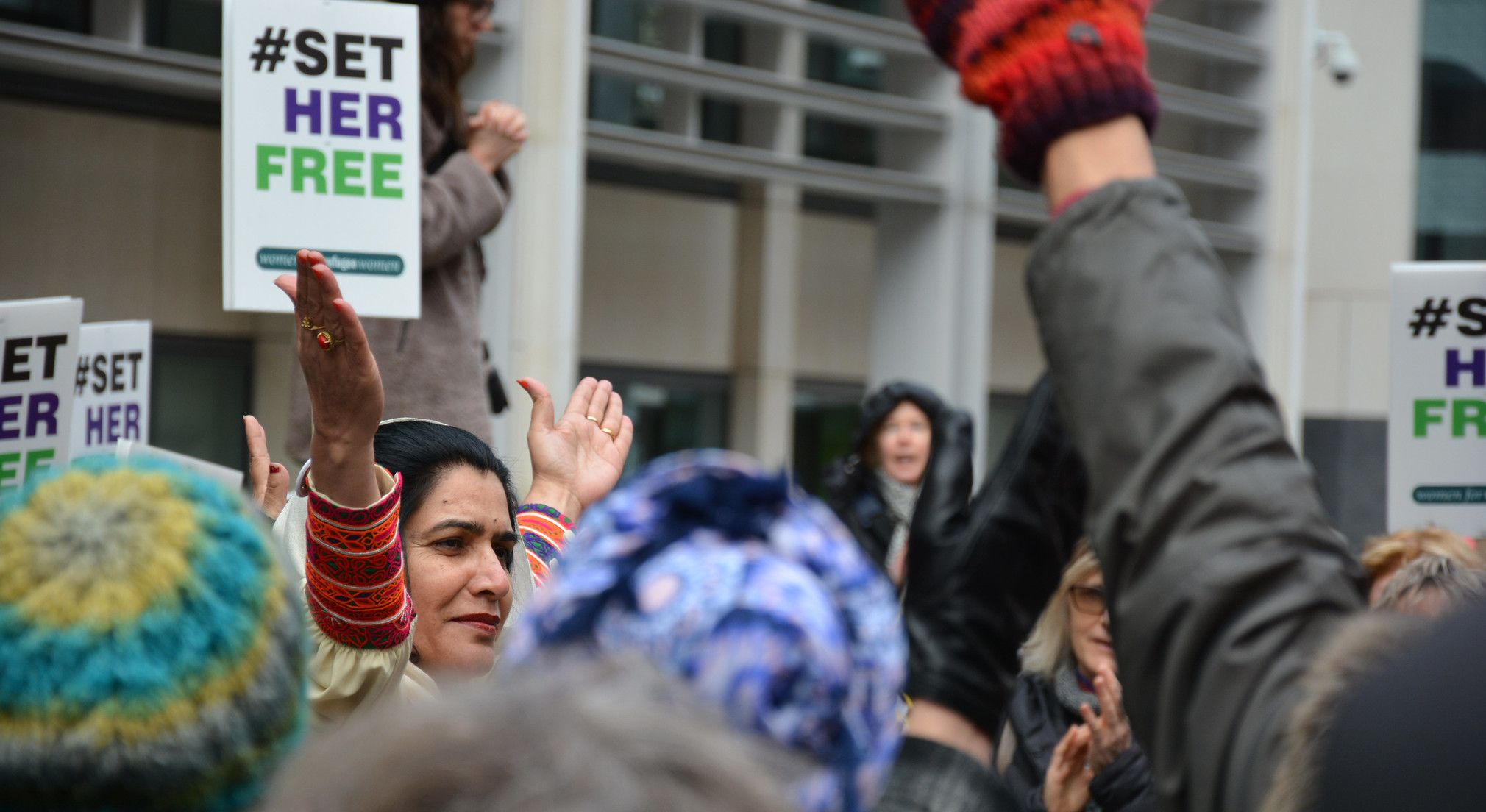Schlagwort: Gender
Das Recht auf Selbstbestimmung und Souveränität über den eigenen Körper und die eigene Identität bleiben auch im Bundestagswahlkampf 2025 ein umstrittenes Thema. Die Debatten stehen stellvertretend für die politische Aushandlung zwischen der Aufrechterhaltung rechter und (wert-)konservativer patriarchaler Geschlechterrollen einerseits und progressiven sowie feministischen Positionen andererseits. Mit dem vorzeitigen Ende der Ampel-Regierung kündigt sich ein politischer Wandel an, der sich auch auf den Zugang zu sexueller und reproduktiver Gesundheit und Rechten (SRGR) negativ auswirken könnte.
UN Summit of the Future: Why the Climate-Gender-Conflict Nexus Would Be a Game Changer
World leaders and international civil society will gather in New York on 22-23 September 2024 for the UN Summit of the Future. The Summit is an event where world leaders meet and address current international issues and challenges to find consensus on how to create a better and safer present and future. This blog article takes issue with how the climate-gender-conflict nexus is (not) discussed in the lead-up to the summit. Reviewing the summit documents, I argue that the (draft) Pact for the Future treats gender justice, climate crisis, and conflict as separate silos of challenges, overlooking their interconnectedness. Instead, I emphasize the need for the Summit of the Future to take the climate-gender-conflict nexus seriously, recognizing the climate crisis as a risk multiplier that exacerbates gender inequalities and conflict dynamics.
Keeping up the Ban against FGM/C: A Strong Signal for Reproductive Health and Rights from The Gambia to the World
Despite a 2015 ban, Female Genital Mutilation/Cutting (FGM/C) remains practiced in The Gambia. A recent bill to repeal the ban now endangered legislative progress so many Gambian women have been holding onto as well as longstanding efforts of civil society organizations. On 15 July 2024, following extensive community engagement and advocacy, the bill was successfully rejected. In the face of a global backlash against sexual and reproductive health and rights (SRHR), what can activists worldwide learn from this success? This blog features an interview with Fatou Baldeh, founder of Women in Liberation and Leadership (WILL) and a leading activist in maintaining the FGM/C ban.
The 2024 Bonn Climate Change Conference: An opportunity to push gender responsive action
In preparation of the UN Climate Change Conference, held in Baku, Azerbaijan, in November of 2024, subsidiary bodies will meet 3-13 June at the Bonn Climate Change Conference to discuss which urgent issues shall be decided in Baku. Compared to the early years of the UN Climate Change Conferences that were established in the 1990s, it is no longer contested to see gender among the focal points. Gender has become an established topic to be addressed, and the necessity is recognized of implementing climate policies in gender-responsive ways. Nevertheless, related political practice still leave a lot to be desired.
Beyond the Code: Unveiling Gender Dynamics in AI and Cybersecurity for International Security
Emerging technologies are transforming foreign and security policy as they challenge traditional understandings of power, influence and security. Developments in artificial intelligence (AI) and the increasing importance of cyberspace are some of the most prominent in this regard. Yet, not only are there repercussions for security when narrowly conceived as state security, but they also affect gender relations and human security more broadly. Gender as an analytical category allows us to shed light on the impact of emerging technologies on inequalities, power and violence.
Zum Internationalen Frauentag: Die Situation von Frauen in Afghanistan
Seit der Machtübernahme der Taliban am 15. August 2021 hat sich die Situation von Frauen und Mädchen in Afghanistan dramatisch verschlechtert. Anlässlich des Internationalen Frauentags haben die PRIF-Forscherinnen Dr. habil. Simone Wisotzki und Irem Demirci mit Dr. Alema Alema gesprochen, die in Afghanistan stellvertretende Friedensministerin war und heute als Afghanistan-Referentin bei Pro Asyl tätig ist.
Beyond Zero Tolerance: The Persisting Challenge of Sexual Abuse by UN Peacekeepers
The United Nations (UN) deploys peacekeepers worldwide to help build peace and security. Meanwhile, a serious problem persists: sexual exploitation and abuse (SEA) perpetrated by peacekeepers. Despite extensive efforts, including codes of conduct, sanctions, and training, reports of sexual abuse by peacekeepers continue within mission contexts. By drawing on UN documents aiming at ending SEA by regulating peacekeepers’ behaviour, this blog article examines the gender dimensions of the rules. I argue that a military masculinity culture is reflected in the UN rules that perpetuate instead of fight the risk of SEA.
Rechte, Repräsentanz, Ressourcen, Diversität: Wie könnte eine feministische Außenpolitik für Deutschland aussehen?
Die Bundesregierung bekennt sich in ihrem Koalitionsvertrag zur Idee einer feministischen Außenpolitik. Deutschland folgt damit den Beispielen Schwedens, Kanadas und insgesamt 9 anderer Länder, die verschiedene Formen feministischer Außenpolitik eingeführt haben. Aktuell steht Deutschland vor der Aufgabe, einen eigenen Ansatz zu formulieren, der Anfang 2023 vorgestellt werden soll. Bislang hat das Auswärtige Amt bekannt gegeben, dass sich die deutsche feministische Außenpolitik am schwedischen Modell der Rechte, Ressourcen und Repräsentanz, erweitert um ein D für Diversität, orientiert. In diesem Blog argumentieren wir, dass eine feministische Außenpolitik Aspekte von Sicherheits-, Friedens, Entwicklungs- und Handelspolitik zusammendenken und geschlechtergerecht ausbuchstabieren muss.
Der gender bias im internationalen Flüchtlingsschutz: Besonderer Schutzbedarf trifft auf ungleiche Zugänge
Frauen, Mädchen und LGBTIQ+-Personen sind aufgrund ihrer besonderen Gewaltbetroffenheit sowohl auf Fluchtwegen als auch im potentiellen Aufnahmeland besonders zu schützen. Doch das internationale Flüchtlingsschutzsystem unterliegt einem male bias, der aus feministischer Perspektive zu drei grundlegenden Problemen führt: der notwendigen Öffentlichkeit der Verfolgungshandlungen, der androzentrischen Definition der politischen Sphäre sowie einer Hierarchisierung von Menschenrechten. Sie erschweren es Personen, die von geschlechtsbezogener und geschlechtsspezifischer Verfolgung betroffen sind, internationalen Schutz in Anspruch zu nehmen.
Feministische Perspektiven in der Friedens- und Konfliktforschung
Feministische Perspektiven in der Friedens- und Konfliktforschung konzentrieren sich auf Geschlechterverhältnisse in Kriegen, Konflikten oder in der Friedensförderung. Die Forschung analysiert Ursachen und Folgen von Geschlechterungleichheit und -diskriminierung, blickt aber auch auf verschiedenen Gewaltformen, also auf physische, strukturelle und systemische Gewalt, wie z.B. Sexismus und Rassismus. Feministische Friedens- und Konfliktforschung ist machtkritisch und inklusiv, sie stellt marginalisierte und unsichtbare Stimmen in den Mittelpunkt der Analyse von internationaler Politik. Unsere neue Blogreihe will die Vielfältigkeit der feministischen Forschung in der Friedens- und Konfliktforschung aufzeigen und politische Erfolge und Misserfolge sichtbar machen.
